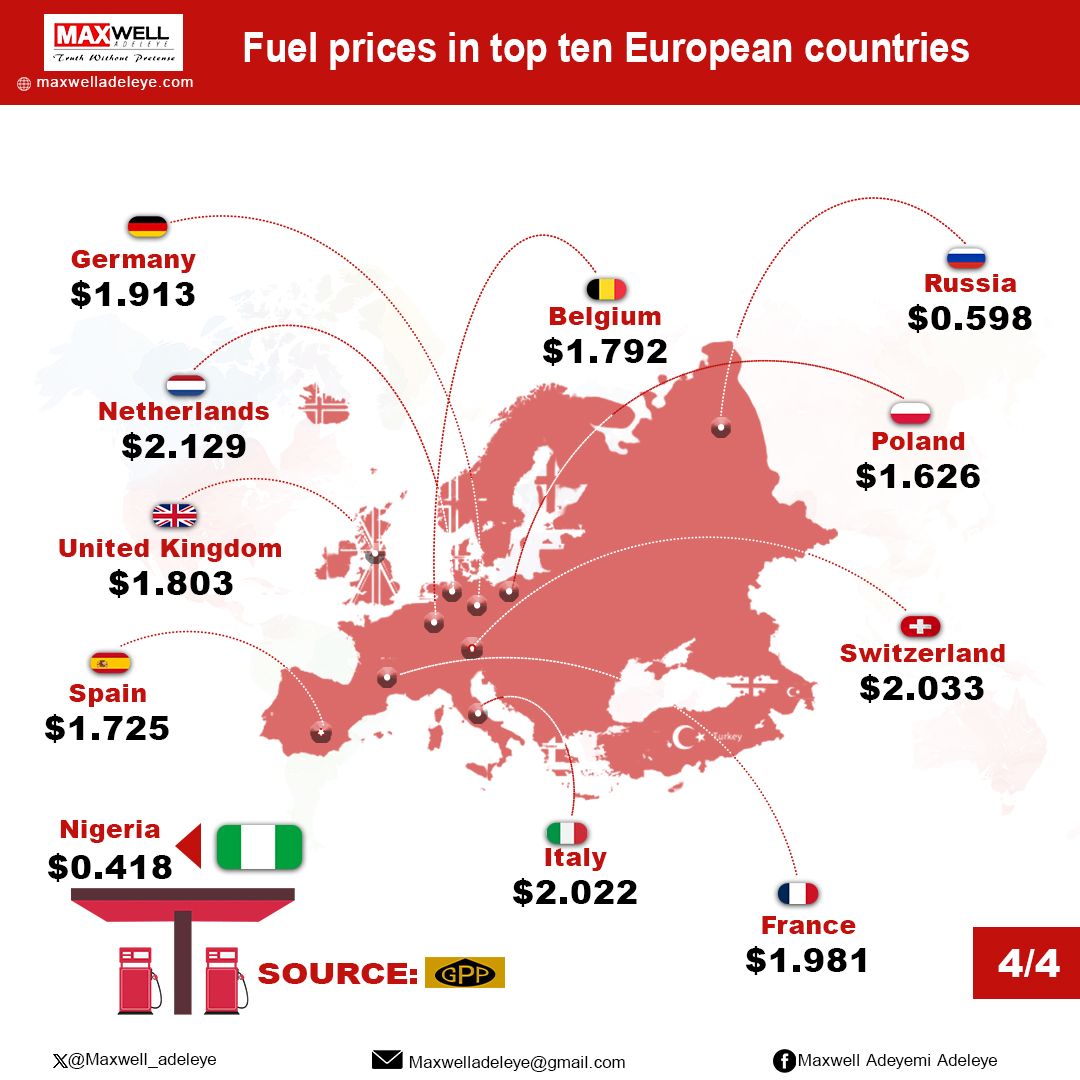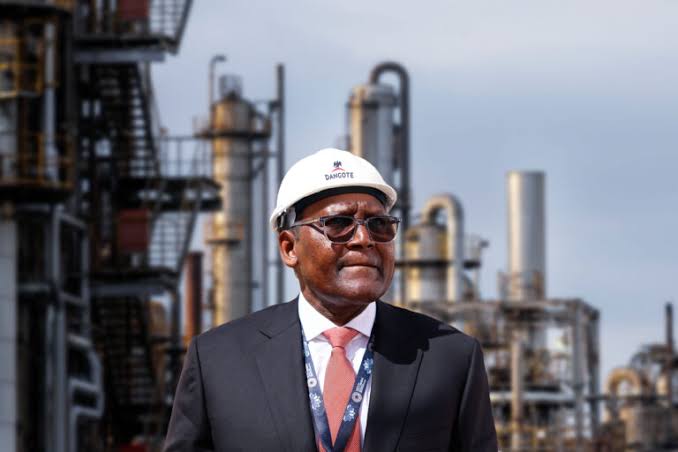Nigeria: Much Ado Over Fuel Price
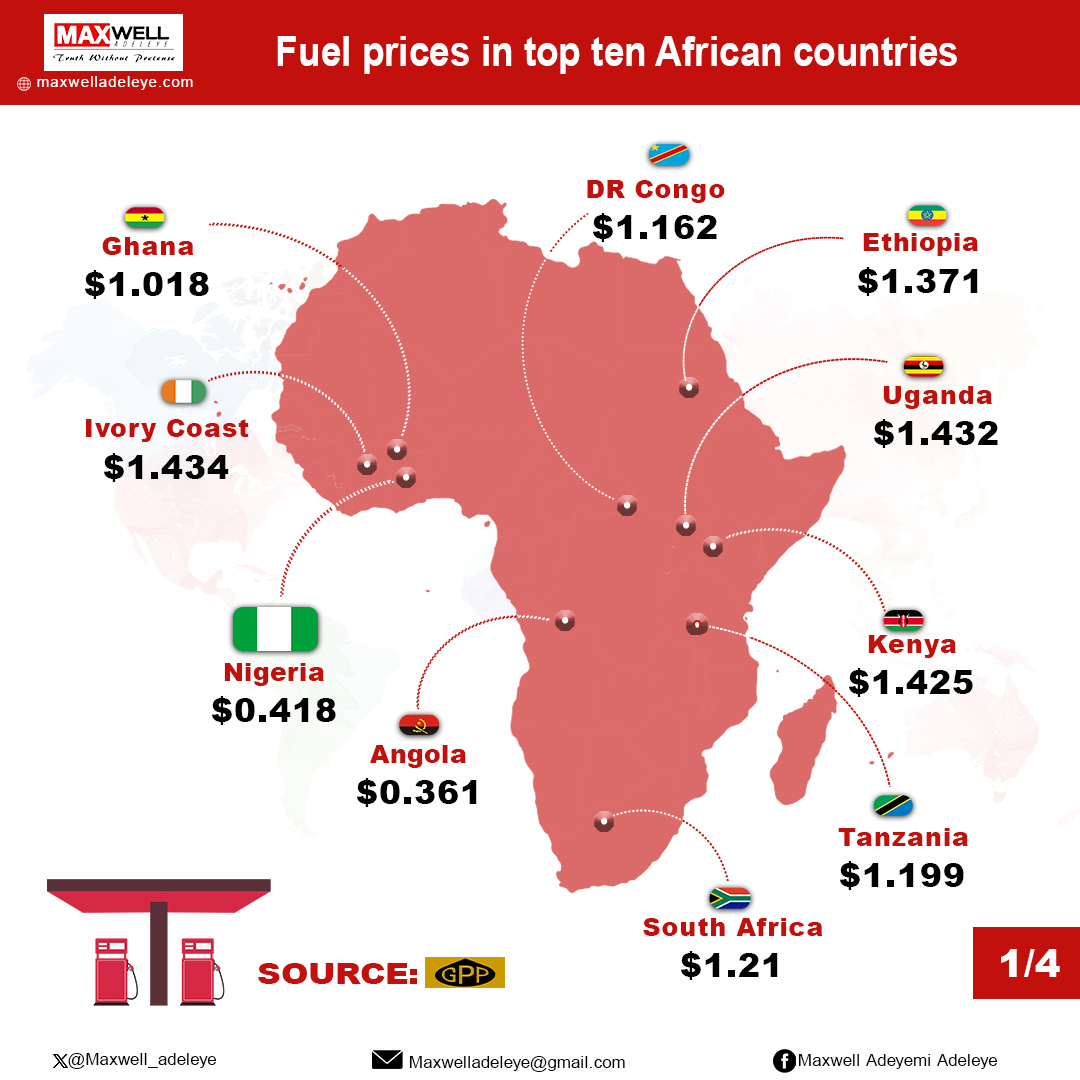
In Nigeria, few topics elicit as much debate as the price of fuel. With each adjustment in fuel prices, the nation seems to be thrown into a series of protests, petitions, and passionate arguments. Yet, amidst the clamor, it's essential to take a step back and assess the fuel situation with clarity, without non-factual biases.
Let's start with a simple fact: the price of fuel in Nigeria, despite periodic adjustments, remains relatively low compared to many other countries, particularly those that, like Nigeria, are oil-producing nations. Yes, you read that right. Despite the grumbling and dissatisfaction that often accompanies fuel price hikes, the reality is that Nigerians are still enjoying a significant subsidy on fuel.
To put things into perspective, the comparison between the price of fuel in Nigeria to that in some other oil-producing countries. Take, for instance, neighboring countries like Ghana and Benin Republic. In Ghana, a country that imports much of its petroleum products due to limited refining capacity, the price of fuel is significantly higher than in Nigeria. Even in Benin Republic, the retail price is higher due to various factors, including transportation costs and import duties.
Moving out of the continent, let's cast our gaze further to countries like Norway, Saudi Arabia, and the United Arab Emirates (UAE), all major oil producers. In Norway, where the standard of living is high and the government heavily taxes petroleum products, the price of fuel is among the highest globally. Similarly, in Saudi Arabia and the UAE, where oil reserves are vast but subsidies are gradually being phased out, citizens are beginning to feel the pinch of higher fuel prices.
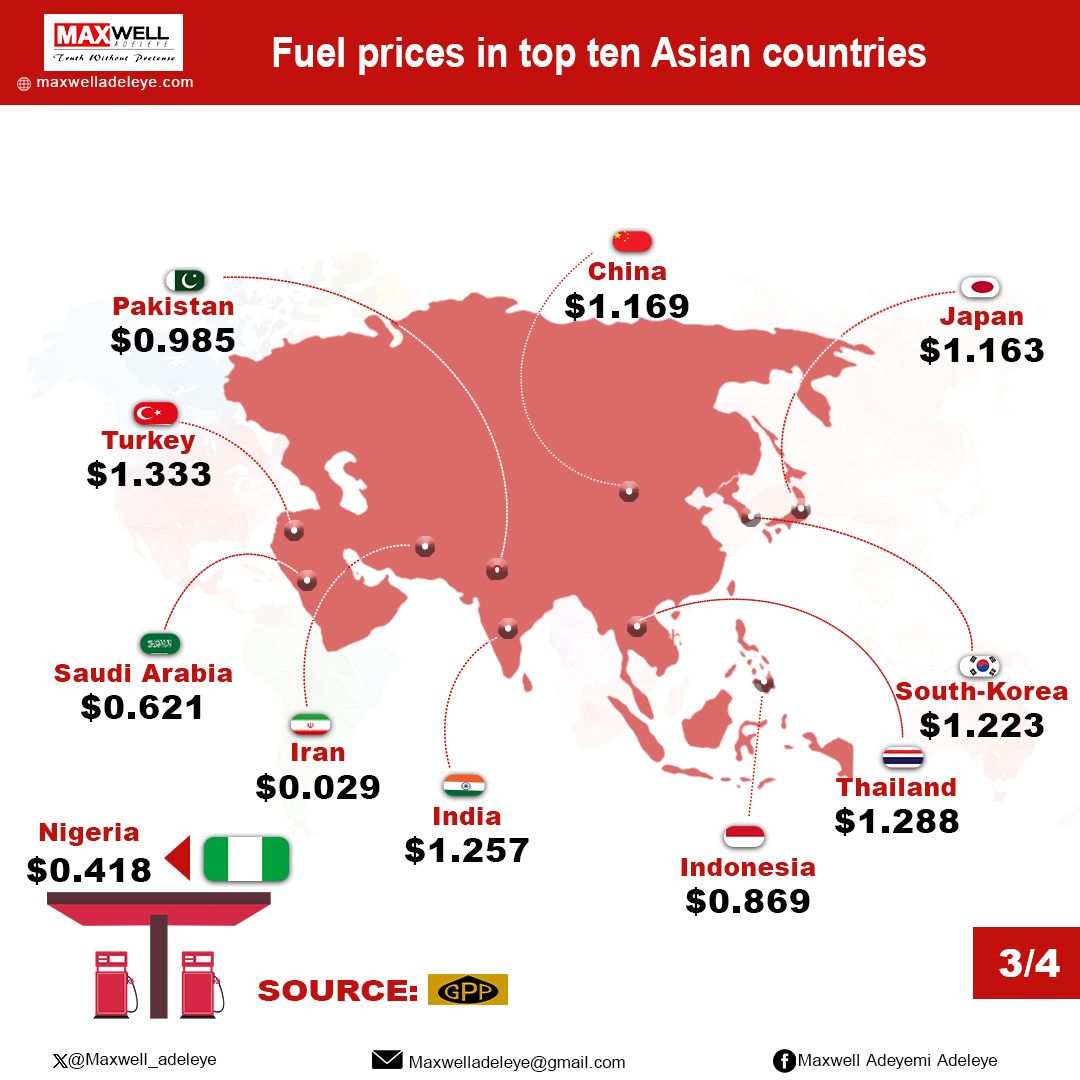
So, why then does increment in fuel prices in Nigeria trigger such widespread outrage and indignation? The answer somewhat lies in a deeply ingrained sense of entitlement – a belief that certain goods and services should be provided by the government at below-market rates, regardless of the economic realities.
While it's understandable to desire affordable fuel, it's also essential to acknowledge the economic implications of artificially low prices. Subsidizing fuel comes at a cost – a cost that is ultimately borne by the Nigerian taxpayer. Every kobo spent on fuel subsidies is a kobo that could have been allocated to education, healthcare, infrastructure, or social welfare programs.
Furthermore, the dependence on fuel subsidies perpetuates inefficiencies, encourages smuggling and black market activities, and also a backbone for embezzlement of the subsidy by unseen higher ups. In short, it's a vicious cycle that ultimately hampers economic growth and development.
In order for Nigeria's economy to thrive, Nigerians must embrace reality and discard the notion of entitlement to cheap fuel. Instead, we should advocate for responsible and transparent energy policies that prioritize efficiency, sustainability, and long-term economic viability.
Yes, fuel is cheap in Nigeria compared to many other countries, but that doesn't mean it should remain so indefinitely. It's time for us to have an honest conversation about the true cost of fuel and the need for pragmatic solutions that benefit all Nigerians, both now and in the future.
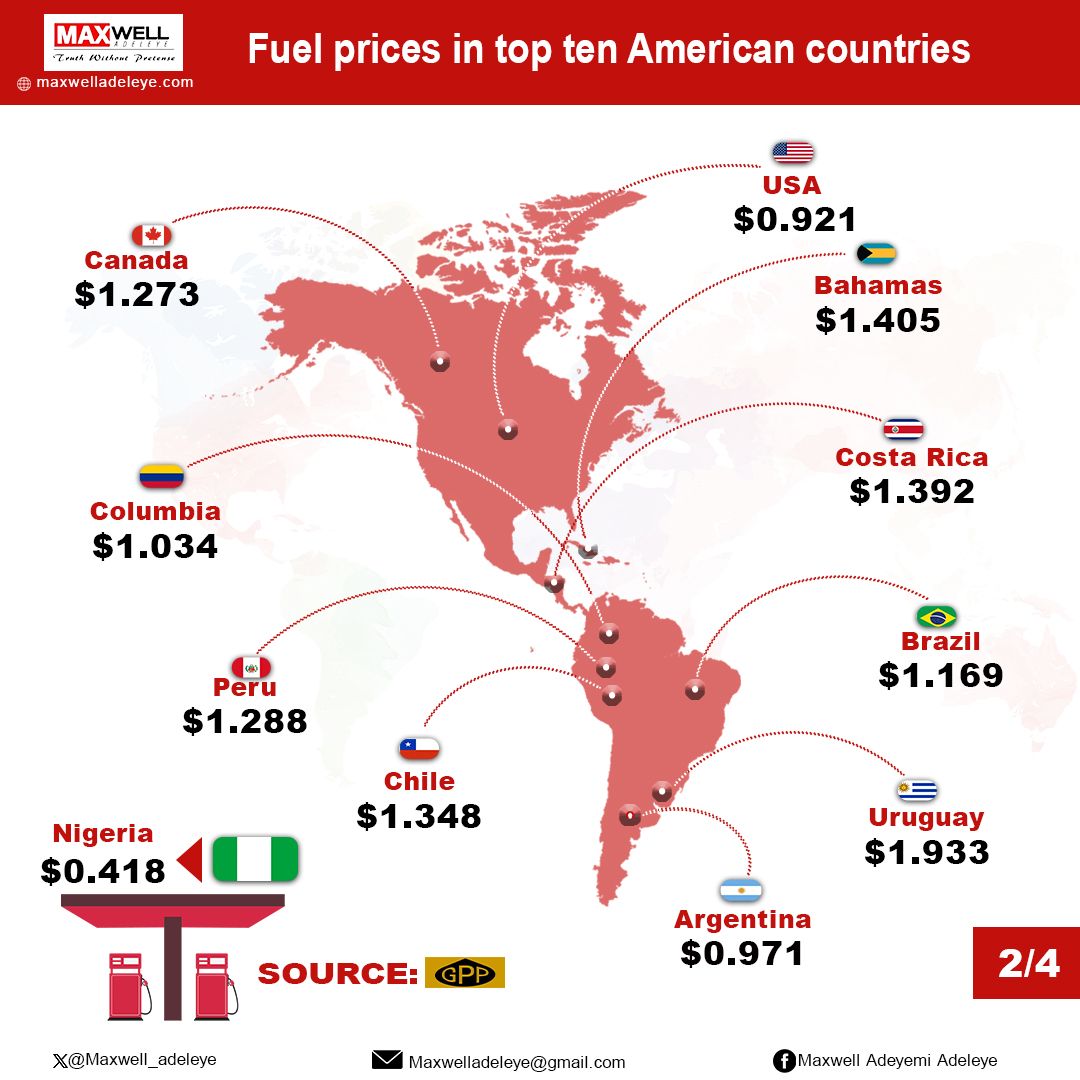
It is time to move away from the entitlement and freebies and instead focus on building a resilient, self-reliant economy that can withstand the challenges of the modern world. It won't be easy, and there will undoubtedly be sacrifices along the way, but in the end, it will be worth it for the prosperity and well-being of all Nigerians.
